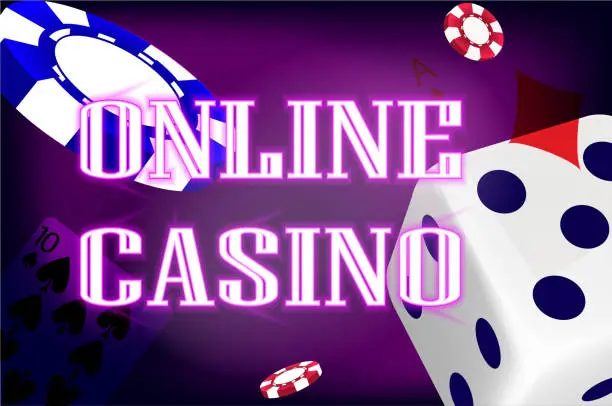
Professional Help for Gaming Addiction: A Path to Recovery
- Admin
Gaming addiction, a growing concern in today's digital age, can have profound effects on individuals' lives, relationships, and well-being. For those struggling with compulsive gaming habits, seeking professional help is a crucial step towards breaking free from addiction and regaining control. In this article, we'll explore the various forms of professional help available for gaming addiction and how they can guide individuals on the path to recovery.
Therapy and Counseling:
Therapy and counseling are cornerstone components of treatment for gaming addiction. Cognitive-behavioral therapy (CBT) is one of the most widely used approaches. In CBT, individuals work with a therapist to identify negative thought patterns and behaviors associated with gaming addiction and develop healthier coping strategies. Through individual or group therapy sessions, individuals can gain insight into the underlying causes of their addiction and learn skills to manage cravings, regulate emotions, and improve self-control.
Family Therapy:
Gaming addiction not only affects the individual but also their loved ones. Family therapy can play a crucial role in addressing relational dynamics and fostering understanding and support within the family unit. By involving family members in the therapeutic process, therapists can help improve communication, rebuild trust, and establish boundaries around gaming behavior. Family therapy can also address any underlying family issues that may contribute to or exacerbate gaming addiction, creating a more supportive environment for recovery.
Support Groups:
Support groups provide a valuable source of encouragement, validation, and camaraderie for individuals struggling with gaming addiction. Whether in-person or online, support groups offer a safe space for individuals to share their experiences, challenges, and successes with others who can relate. Peer support can be immensely empowering, helping individuals realize that they are not alone in their struggles and providing practical tips and strategies for overcoming addiction.
Rehabilitation Programs:
For severe cases of gaming addiction, intensive rehabilitation programs may be necessary. These programs typically offer a structured environment where individuals can receive round-the-clock care and support from trained professionals. Rehabilitation programs may include a combination of individual therapy, group therapy, experiential activities, and educational workshops designed to address the physical, psychological, and social aspects of addiction. Residential programs provide a temporary respite from the triggers and temptations of the outside world, allowing individuals to focus fully on their recovery.
Conclusion:
Professional help is a vital resource for individuals grappling with gaming addiction. Through therapy, counseling, family involvement, support groups, and rehabilitation programs, individuals can gain the tools, insights, and support they need to overcome addiction and build a fulfilling life beyond gaming. By seeking help and embracing the journey of recovery, individuals can reclaim their autonomy, strengthen their relationships, and rediscover joy and purpose in everyday life. If you or someone you know is struggling with gaming addiction, don't hesitate to reach out to a qualified professional for assistance. Recovery is possible, and help is available.
